You buy from Swole Panda for the buttery soft feel of our stylish Moso bamboo accessories and now, comfortable RefibraTM t-shirts and polos. However, buying our products also delivers peace of mind given our eco-friendly plastic-free packaging and compostable corn starch mailing bags. Supporting such simple changes reduces the negative impact of plastic (and microplastics) on marine life, the environment and humans globally.
To celebrate Plastic-free July, we want to highlight five clear reasons to abandon plastic packaging and switch to a company that cares about its customers – and the planet.
- Sustainable Packaging Avoids Plastic Shedding
Plastic packaging can shed microplastics “due to sunlight exposure, which causes the [synthetic] material to weaken over time and fragment”, and “even opening a plastic bottle or plastic packet can create thousands of microplastics” (Science Focus).
Plastic can trap marine animals, lower their reproductive capabilities, stunt their growth through internal cuts and inflammation, and have been mistaken for food (Science Learning Hub). Sadly, one study found that over half a million hermit crabs had died on two tropical islands due to ‘plastic pollution’. Our alternative mailing bags avoid this danger by cutting out plastic.
- We Help Reduce the Plastic that’s Already Reached the Sea
Whilst we shun plastic in favour of sustainable packaging, it would be foolish to ignore the plastic already discarded in our ocean. The Guardian newspaper notes there will be 29 million tonnes of plastic within our oceans by 2040. That’s just 18 years away! Clearly, we all want to secure a better future for our children and grandchildren.
Thankfully, we’re helping to turn the plastic tide by using Repreve® fibres in our woven belts made from seven recycled plastic bottles. And we supply our bold belt designs in a 100% organic cotton pouch to support this fibre’s aims.
- Plastic Pollution also Affects Land Mass
We’ve all seen the worrying scenes of seabirds and turtles caught in plastic. Yet, a group of German researchers believes that land-based microplastic pollution is four to 23 times higher than marine microplastic pollution in places. As well as being a concern for land-based wildlife, we’d all prefer to have a cleaner planet – both on land and in the ocean.
Taking as long as 1,000 years to decompose, you may be shocked to hear that 79% of all plastic waste ever produced has ended up in landfill – with only 9% having been recycled (The Conscious Challenge). That’s a huge strain to place on planet Earth. But you can limit your plastic consumption by checking out with Swole Panda – safe in the knowledge that your new accessories and clothing won’t be littering the planet in 1,000 years.
- Plant Growth is Already Being Affected by Micro Plastics
Reducing our plastic consumption is essential when it comes preserving our natural ecosystems. Worryingly, microplastics “are responsible for many changes in the soil physiochemical characteristics” including … plant growth and yield”.
Microplastics also contribute to chemicals being distributed throughout the soil. These include:
- Plasticisers
- Polycyclic aromatic hydrocarbons
- PTEs (potentially toxic elements).
You don’t need to be a scientist to feel uneasy about chemicals penetrating the same soil where many of our foods are grown.
- The Effect of Microplastics on Humans is Still Unknown
Studies show that “Plastic Fibres Are Found in '83% of the World's Tap Water'”. The samples were taken from five continents, and these findings are unsettling. Although there is little understanding of the long-term effects of microplastics on humans, “they may still pose a dietary risk through plastic-associate contaminants transferring to other tissues” according to Science Learn.
So, not only could reducing your plastic consumption help the planet, its plants and animals – but it may prove beneficial to your own health too.
You can be proud that supporting our sustainable accessories and clothing is helping to reduce your plastic impact on the planet. We strive to pioneer change from the manufacturing stage through to your delivery and beyond. Shop our collection of spot-on eco-friendly wares (designed in the UK) today.





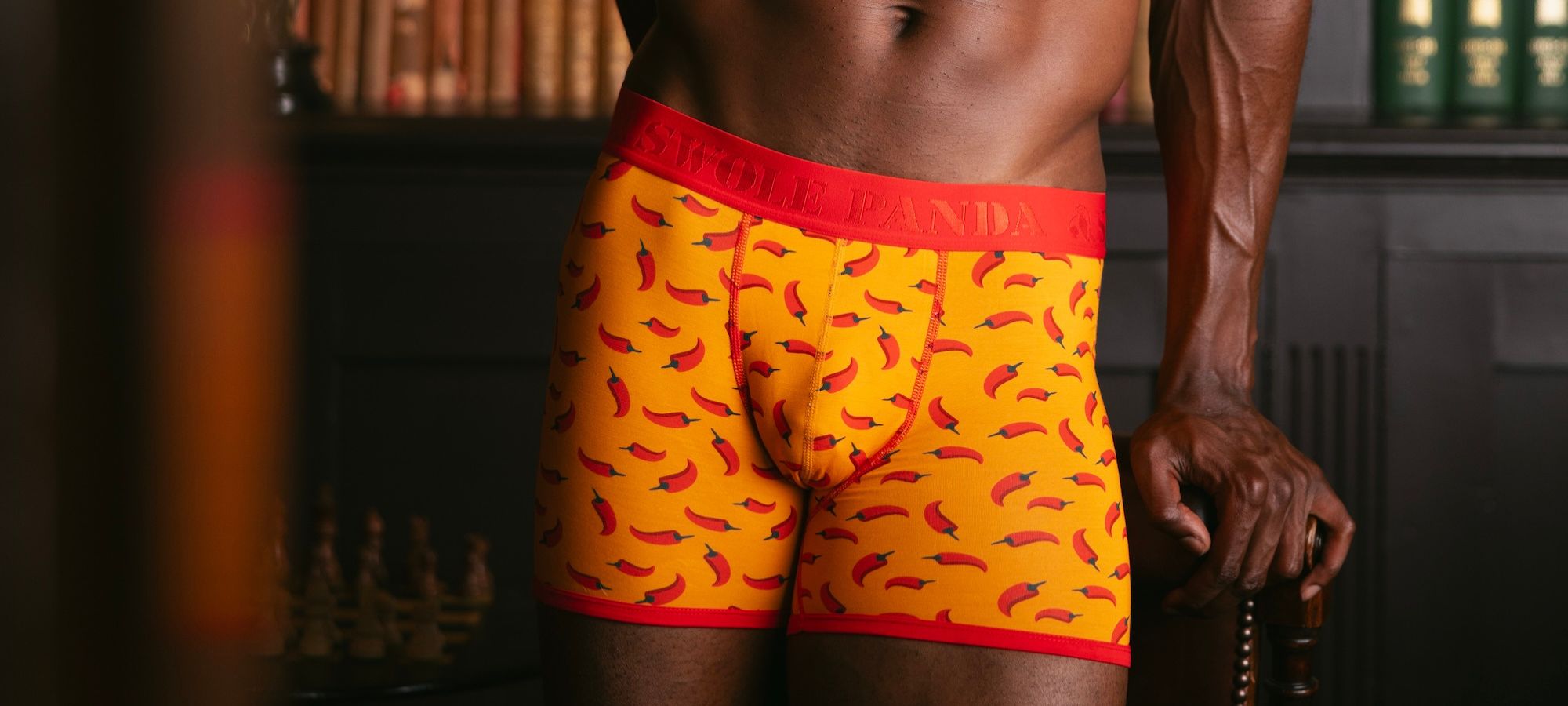
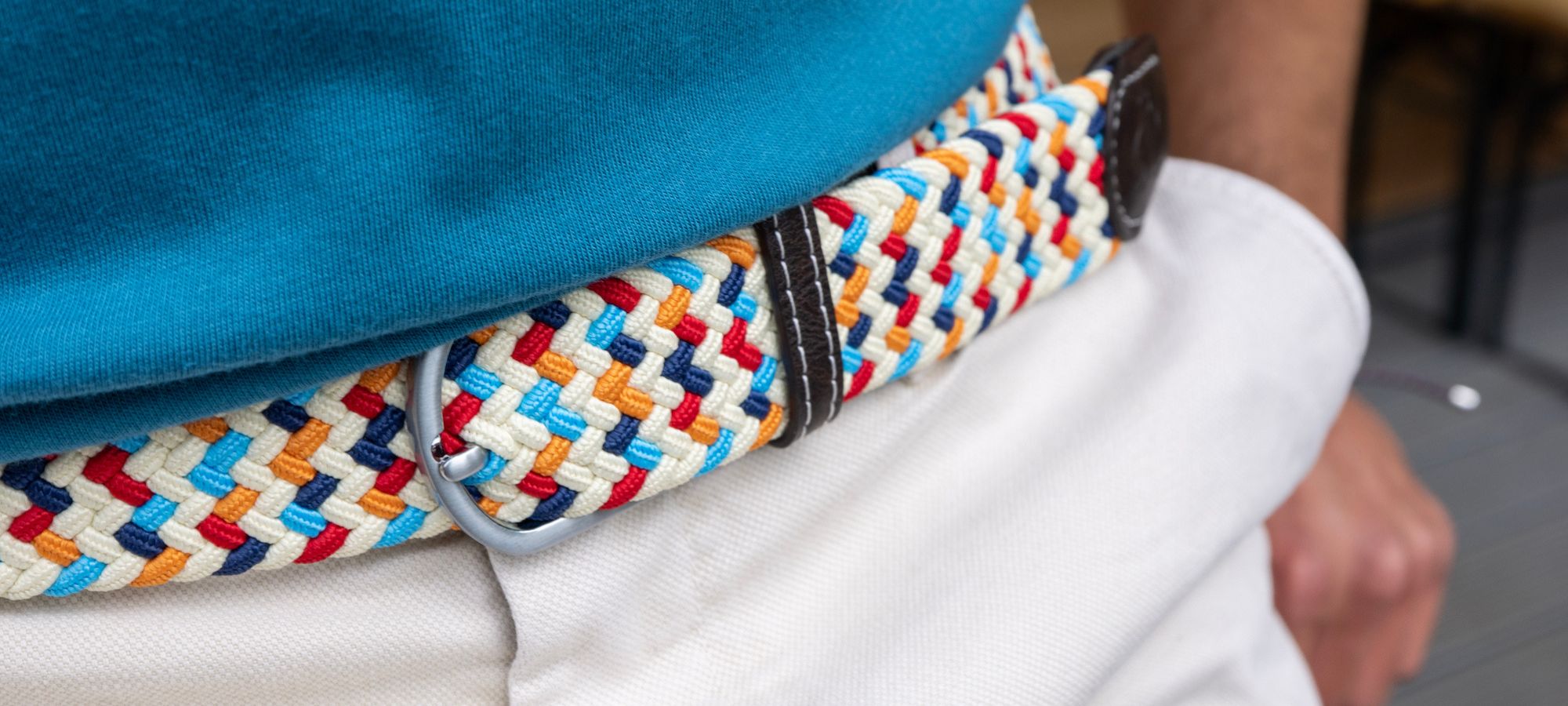

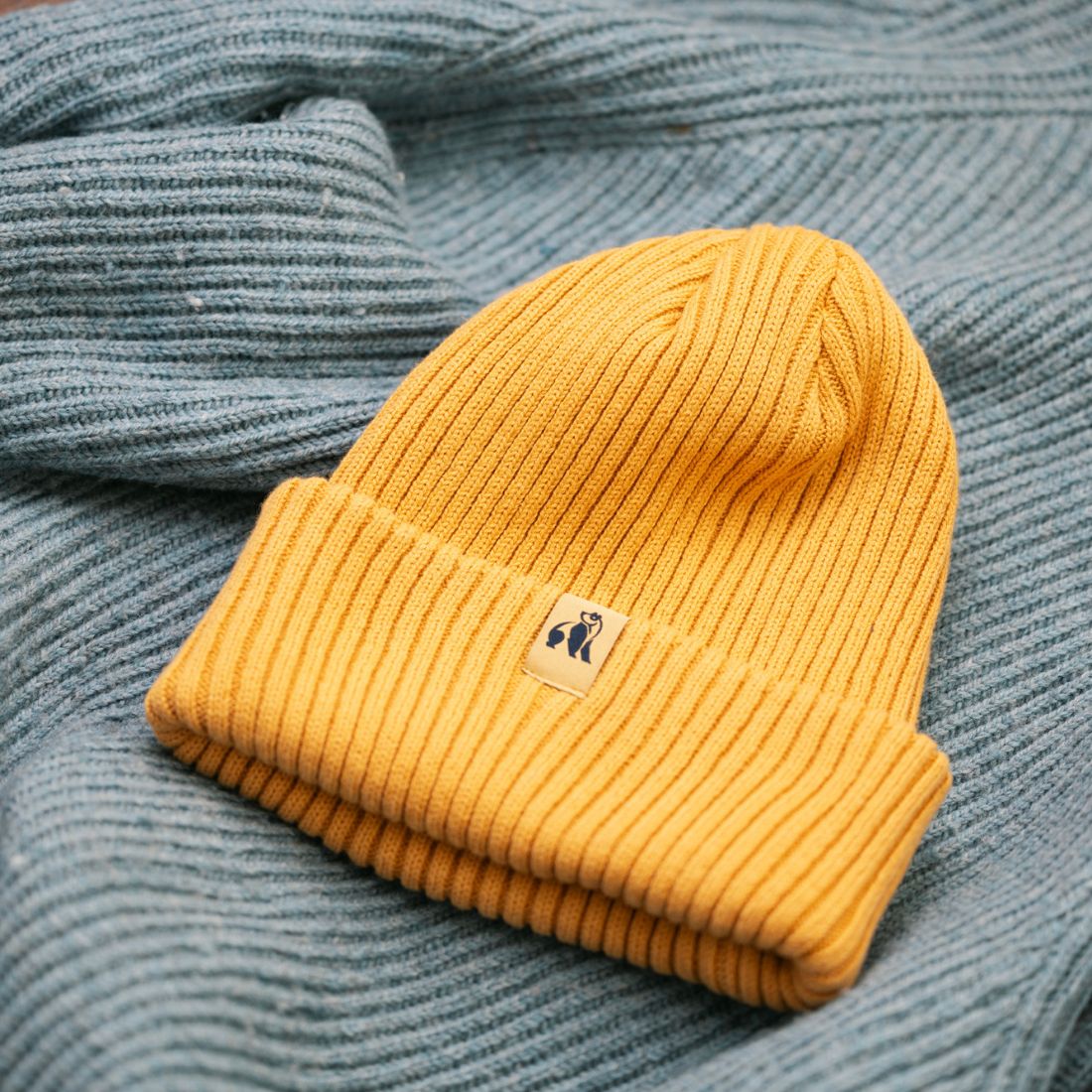

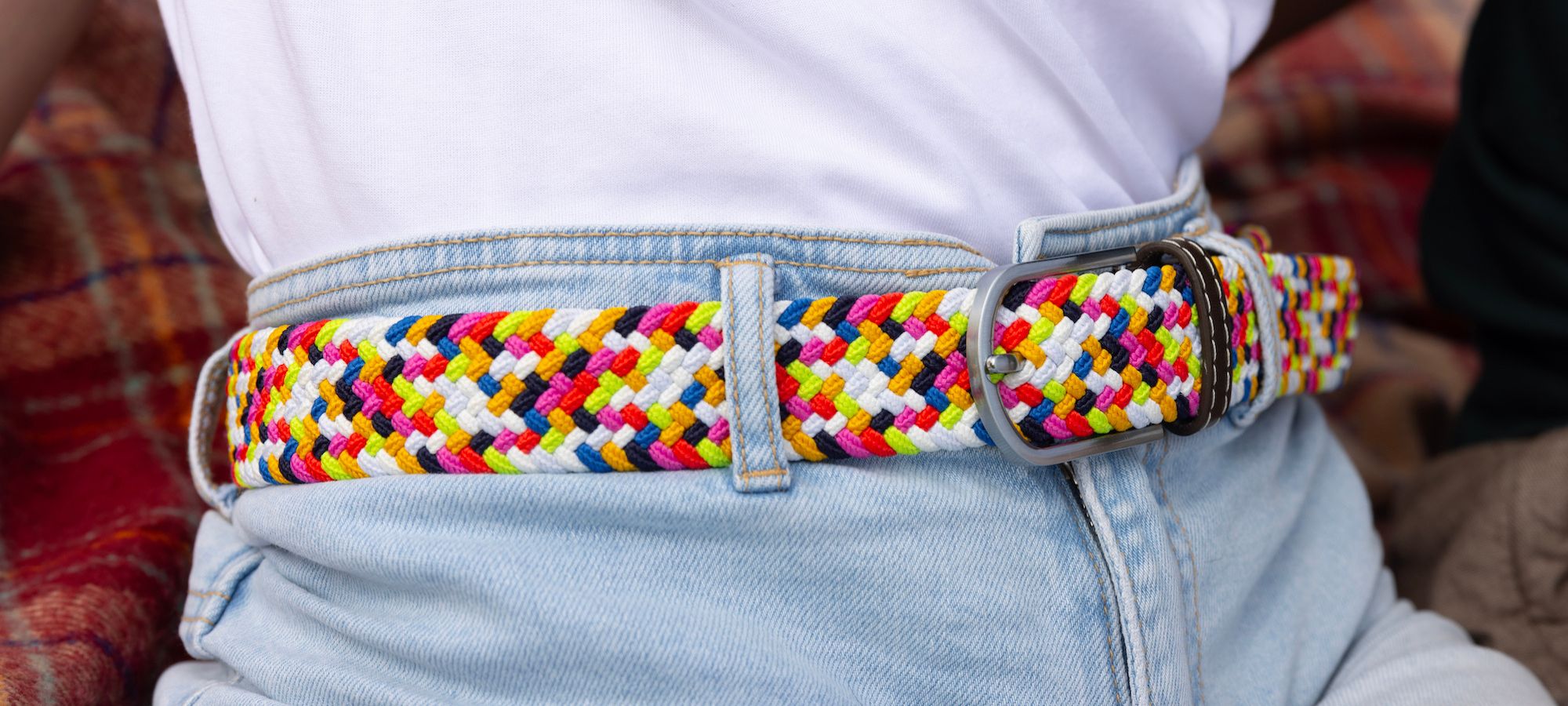
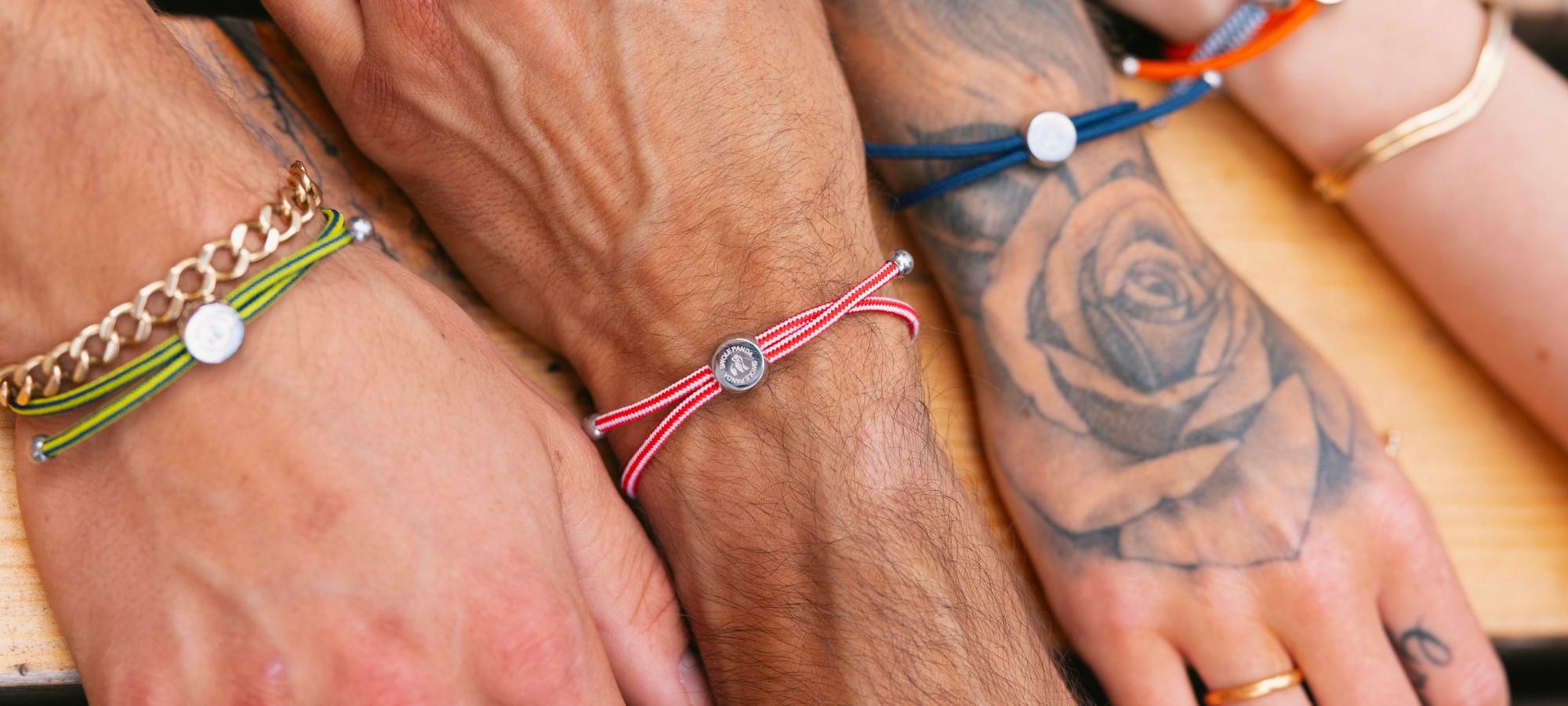
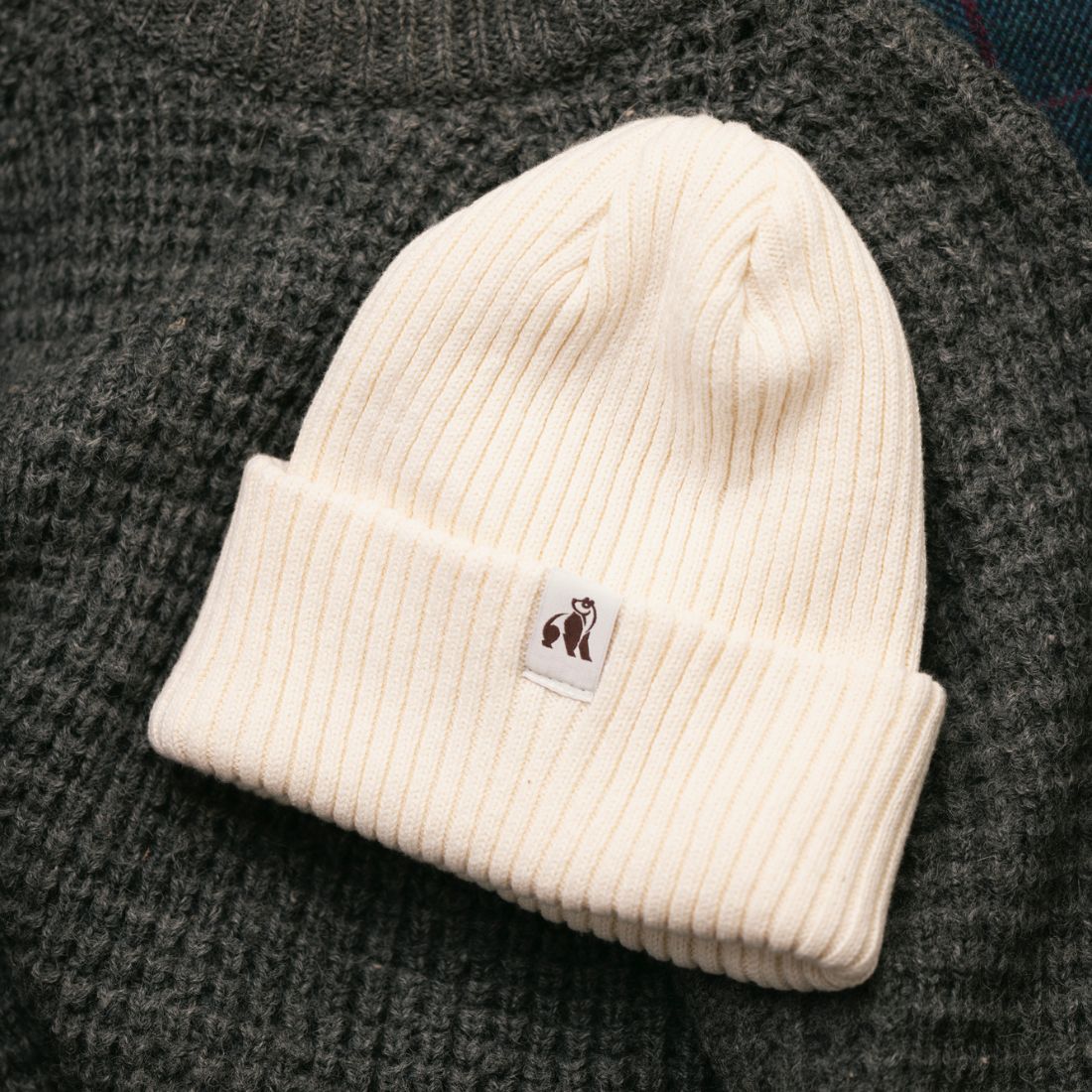


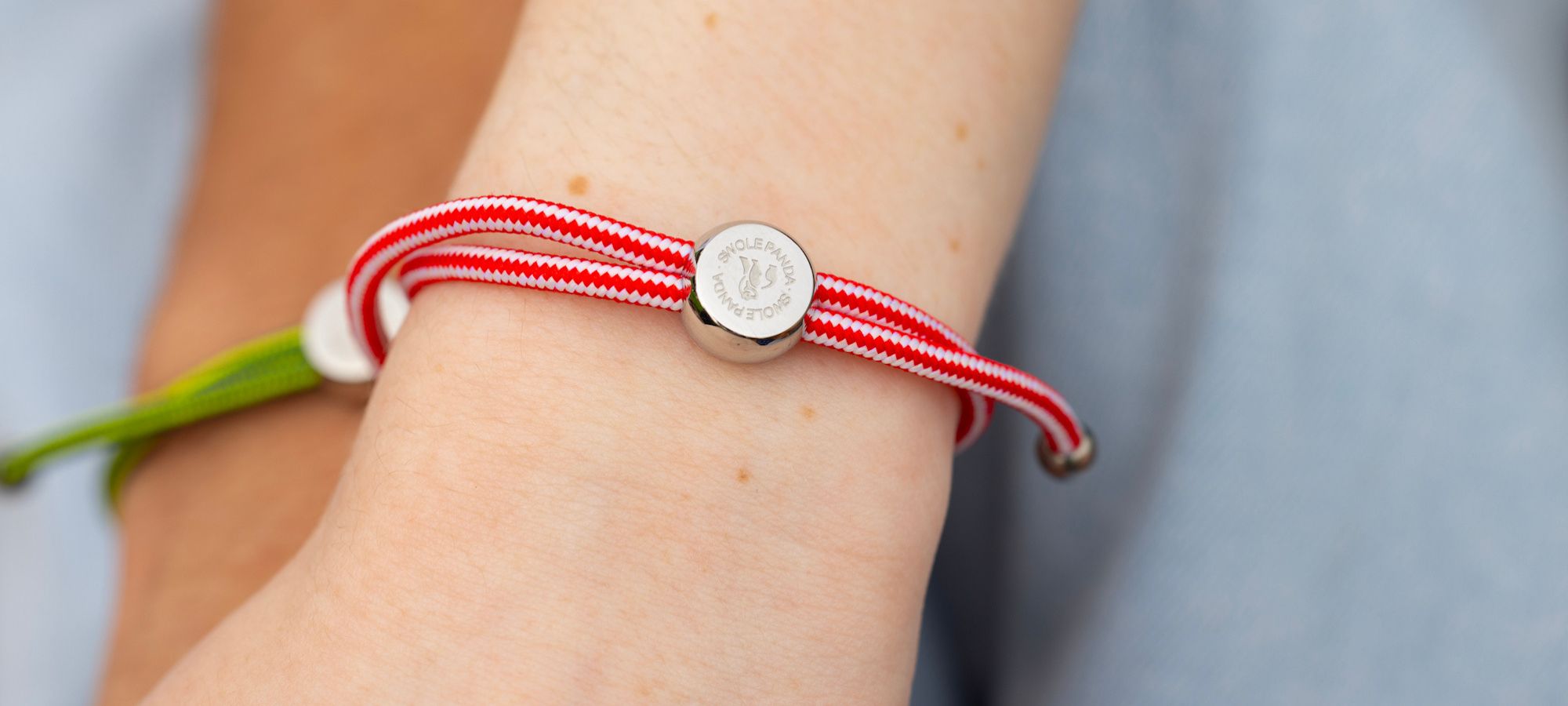
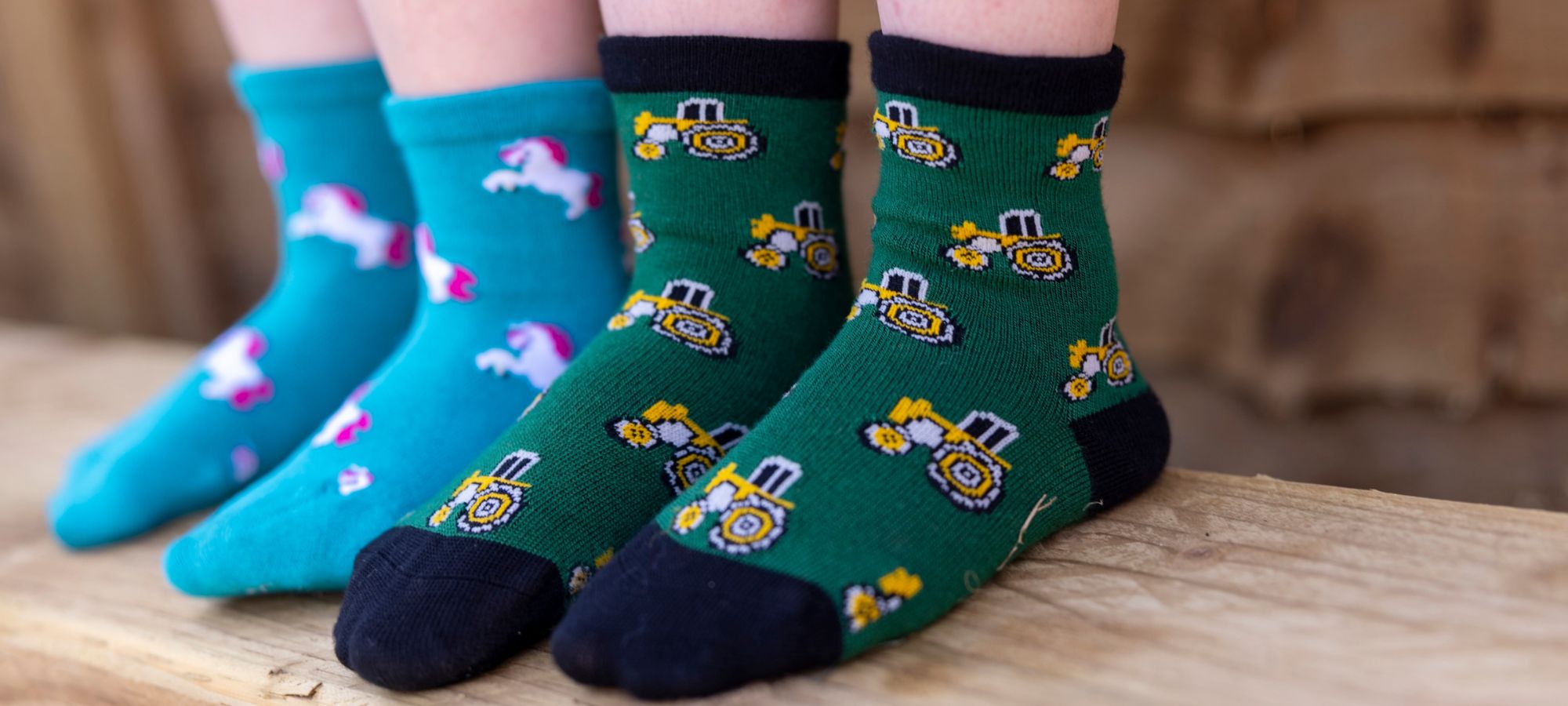
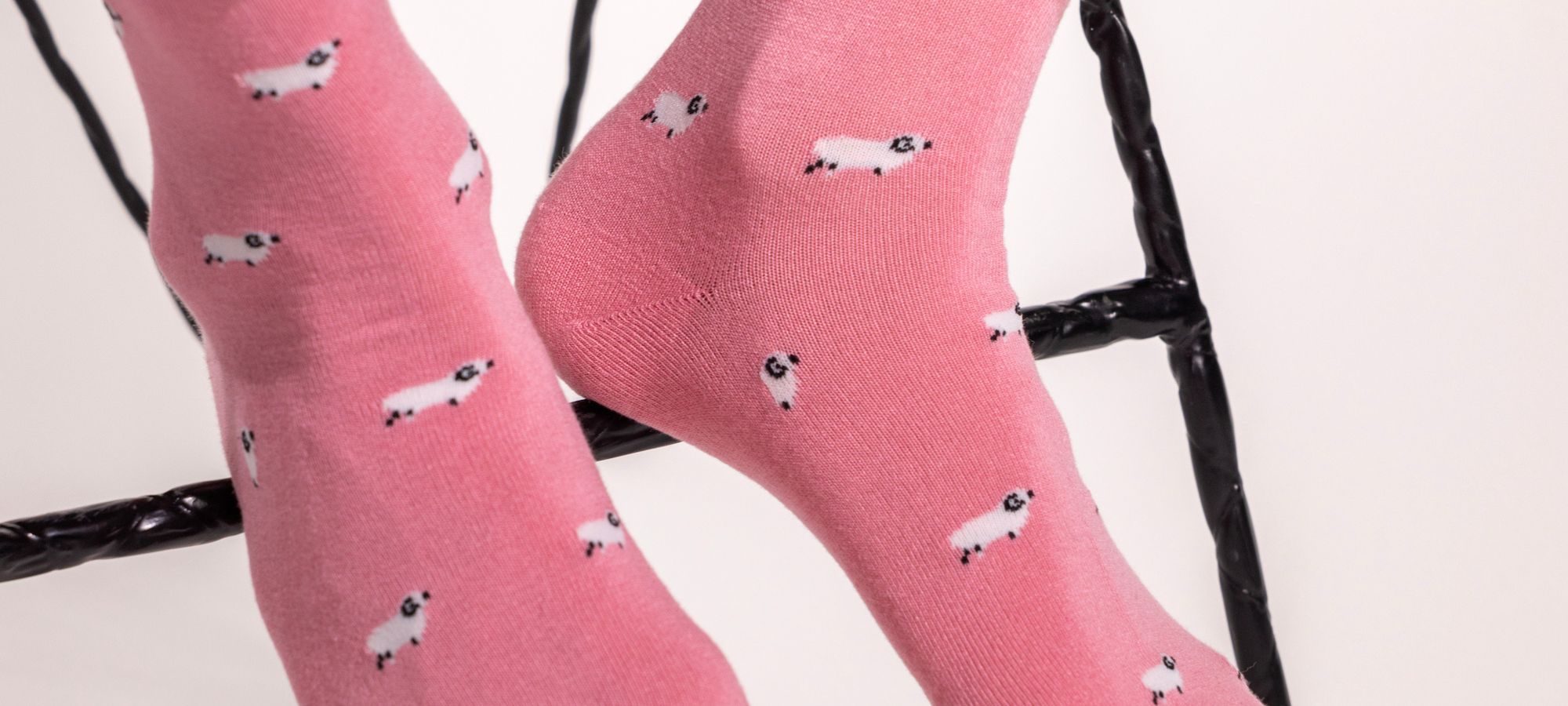

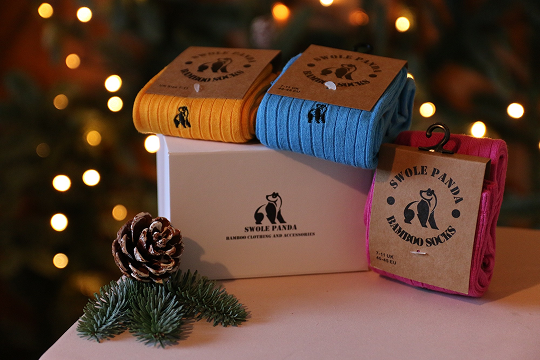





















Leave a comment